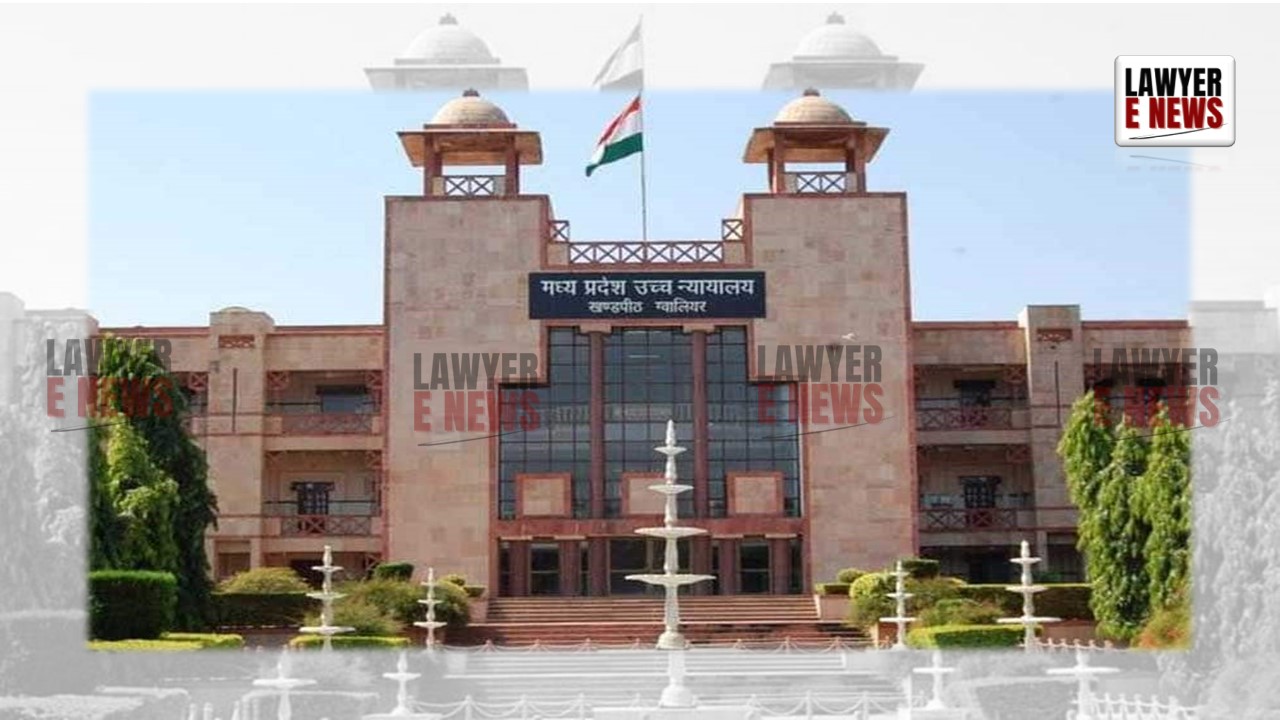-
by Admin
15 February 2026 5:35 AM



The High Court alters the trial court’s conviction under Section 307 IPC to Section 326 IPC, reinforcing the principle of non-redundancy in criminal sentencing.
The Madhya Pradesh High Court, in a recent judgment, has modified the convictions of several appellants involved in an assault on police officers. The court replaced the convictions under Section 307 IPC (attempt to murder) with Section 326 IPC (voluntarily causing grievous hurt by dangerous weapons or means). The decision, rendered by Justice Prem Narayan Singh, emphasizes the legal principle that an individual cannot be convicted for multiple offenses arising from a single criminal act.
On July 28, 2014, a fatal accident occurred on National Highway 12 near Village Pilukhedi, resulting in the tragic death of a young girl. The incident led to local residents blocking the highway in protest. As police officers attempted to manage the situation and calm the agitated crowd, violence erupted. The appellants, armed with iron rods, sticks, and other weapons, assaulted the police officers, causing significant injuries. The police called for additional forces, and upon their arrival, the assailants fled the scene. The injured police personnel, including Hariprasad and others, were treated for their injuries, with Hariprasad's head injury being the most severe.
The High Court evaluated the intention and common object behind the assembly of the accused. It was noted that while the gathering initially may have been lawful, it transformed into an unlawful assembly as violence ensued. The court cited that specific actions, such as assaulting police officers performing their duties, validated the charges under unlawful assembly and related offenses.
The court underscored the reliability of the police witnesses, especially those injured during the incident. It highlighted that the testimonies of police officers, being injured witnesses, are credible and carry substantial evidentiary value. The court referred to precedents that emphasize the credibility of injured witnesses, even in the absence of independent corroboration.
The High Court meticulously analyzed the legal provisions and past judicial interpretations. It noted that for a conviction under Section 307 IPC, the intent to murder must be evident, which was not sufficiently established in this case. Instead, the injuries inflicted, although grievous, did not demonstrate the requisite intent to kill. Therefore, the court found Section 326 IPC more appropriate as it pertains to causing grievous hurt with dangerous weapons.
Justice Prem Narayan Singh remarked, "In the absence of clear intent to kill, the conviction under Section 307 IPC is unsustainable. The evidence supports the charge of grievous hurt under Section 326 IPC, reflecting a more accurate legal categorization of the offense."
The Madhya Pradesh High Court's judgment modifies the legal consequences for the appellants, reducing the severity of their convictions while maintaining the accountability for their actions. This decision reinforces the principle against redundant convictions for a single act, ensuring the sentencing aligns with the established legal standards. The ruling is significant for future cases, particularly in clarifying the application of Sections 307 and 326 of the IPC.
Date of Decision: May 14, 2024
